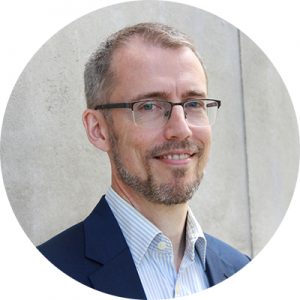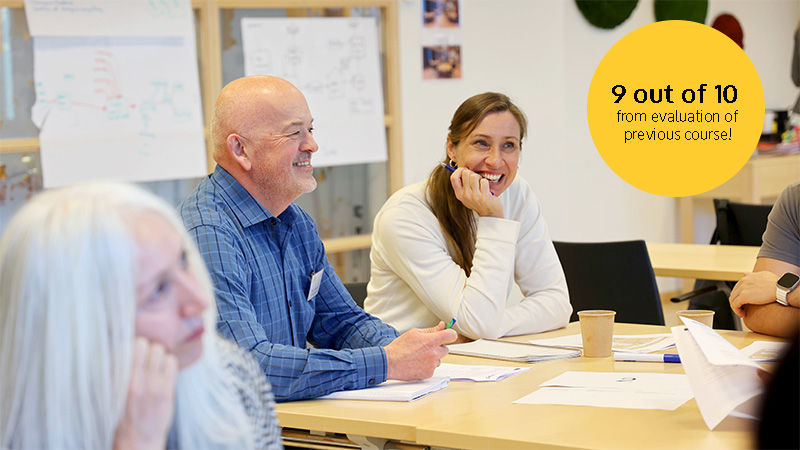Scientific Directions Update #10
Our Swedish researcher partners continue to be global leaders in life cycle assessment. The latest bibliometric assessment from American outfit ScholarGPS places Chalmers University of Technology as the 3rd highest ranked university globally on this topic, with fellow Swedish Life Cycle Center partner KTH in 6th place. The latter outcome reflects professor Göran Finnveden’s lifetime of contributions to the field (also ranked 6th globally, among 25901 LCA scholars). Tomas Ekvall, who has been employed at partners IVL and Chalmers, is the next highly-ranked Swede, 18th out of that global set. For its part, IVL is ranked as the top non-academic institution on the topic of sustainable products. There is an art to making such rankings meaningful, and no single number can really define a person or an institution’s worth, but it is still nice when people in other countries notice that we in Sweden are publishing high quality life cycle assessments at a high rate.
The SETAC Europe 35th Annual Meeting in Vienna happened mid-May. These meetings are mostly about environmental chemistry but as usual there was a well-populated track dedicated to LCA, with 11 different LCA-related sessions. There were 47 platform presentations in the LCA track, along with 113 posters or poster spotlights. Like our SETAC LCA Symposium last October, there was a big emphasis on carbon accounting in natural systems, but less time given to prospective LCA methods as a proportion of the LCA content. One notable aspect of the program was a whole session dedicated to absolute LCA methods. You can get some idea about the content at the SETAC webpage.
In March I was surprised and delighted to see that most of the candidates at the PhD course on Life Cycle Assessment for Sustainable Water Systems held in Gothenburg came from Luleå University of Technology (and naturally the host university Chalmers) along with folk from RISE, SLU, KTH, Lund and Mälardalen universities. This bodes well for new and interesting LCA research outputs in the water sector, particularly from our most northern academic partner.
The Swedish Life Cycle Center’s Research Strategy has now been updated and approved by the Board. The main idea is to help researchers understand the value Swedish Life Cycle Center can provide as a place to get new research ideas, as a catalyst for integrating industrial organisations in research, as a cornerstone of the outreach section when you are writing a grant application or in many other ways. It provides various ideas on how to include the Swedish Life Cycle Center in our work. The Research Strategy drafting process is also a way for researchers to influence the work of the Technical Secretariat. You can have a look at it yourself at in our publications list.
If in the next Scientific Directions Update you would like to draw attention to some progress which researchers at your Swedish Life Cycle Center partner organisation are making, please feel free to contact me: [email protected].
Meet Gregory Peters, Scientific Director at the Swedish Life Cycle Center
Gregory Peters assumed the role of Scientific Director at the Swedish Life Cycle Center on September 1, 2021. He is a Professor in Environmental Systems Analysis at Chalmers University of Technology and is responsible for enhancing the Center’s scientific contributions. In this role, Gregory works closely with Center Director Maria Rydberg to ensure high-quality research in the field of life cycle assessment.
Learn more about Gregory Peters and his research on his Chalmers.se profile.


